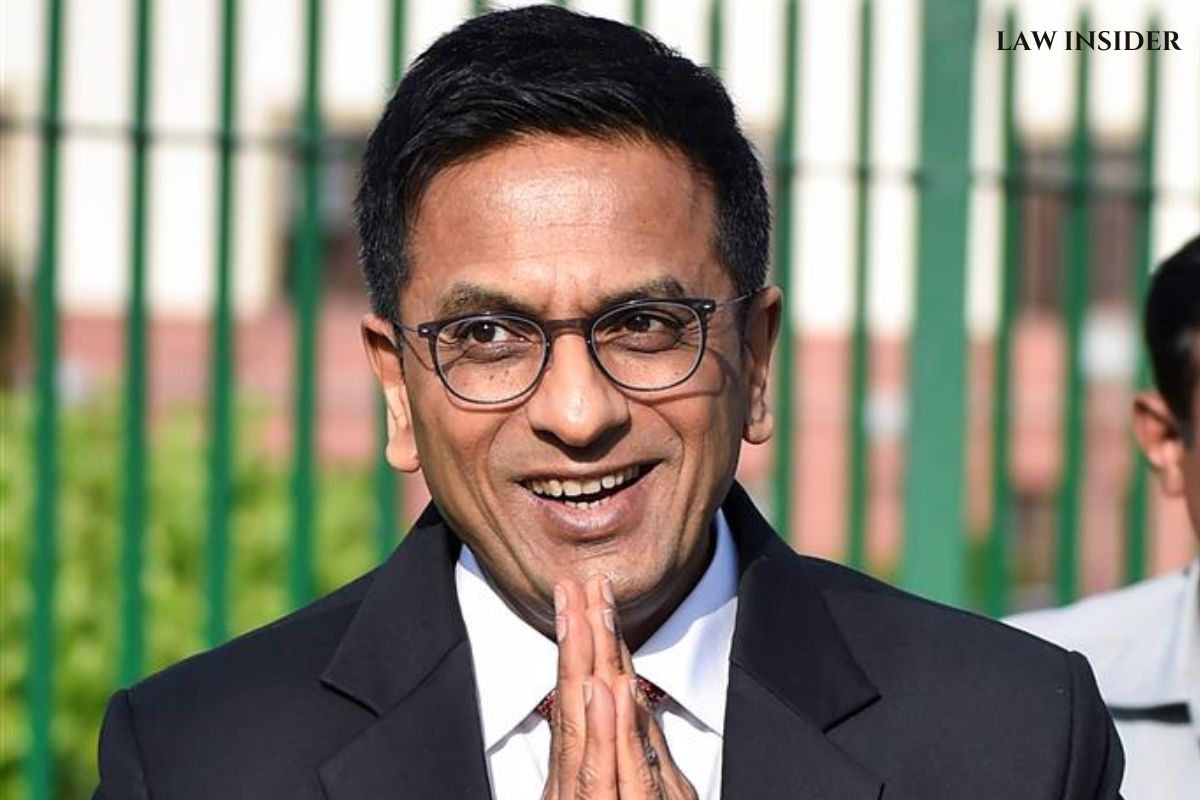LI Network
Published on: December 02, 2023 at 13:30 IST
Chief Justice of India (CJI) DY Chandrachud emphasized the necessity for developing new theoretical approaches to regulate free speech on the internet, especially on social media platforms.
He highlighted the concern about an inundation of speech on these platforms due to troll armies and organized disinformation campaigns, distorting factual truths.
CJI Chandrachud exemplified the rampant spread of fake news during the COVID-19 pandemic, citing instances of outrageous claims circulating on the internet. He noted the challenge this posed to reevaluating the boundaries of free speech on digital platforms, considering the difference between factual claims and opinions.
Contrasting contemporary internet speech with traditional notions, the CJI emphasized how freedom of speech was previously seen as crucial for civil rights activism to counter potential government crackdowns.
He delivered these remarks during the 14th Justice VM Tarkunde Memorial Lecture titled ‘Upholding Civil Liberties in the Digital Age: Privacy, Surveillance and Free Speech.’
Regarding civil liberties in the digital era, Justice Chandrachud highlighted the unprecedented proliferation of disinformation and hate speech, posing challenges to conventional understandings of free speech in democratic societies.
He discussed the evolving relationship between state actors, activists, and corporations in the context of civil rights activism. Chandrachud pointed out that while social media platforms were previously viewed as entities needing constraints, they’re now used by civil rights activists to expand freedom of expression, often in opposition to the government.
However, he cautioned about the significant trust placed in privately-owned platforms and underscored instances where social media facilitated ethnic cleansing, as reported by the United Nations in Myanmar.
Speaking about privacy and State surveillance, Justice Chandrachud highlighted the global challenge faced by courts in adapting to technological advancements, stressing the need for legal frameworks prioritizing accountability, transparency, and the fundamental right to privacy.
In conclusion, CJI Chandrachud emphasized that despite the growing momentum in digital liberties activism, including safeguarding privacy and free speech, the theoretical discourse around it is still in its early stages.
He urged the need for our battles to uphold civil liberties to adapt to the digital realm as the world increasingly moves online.

